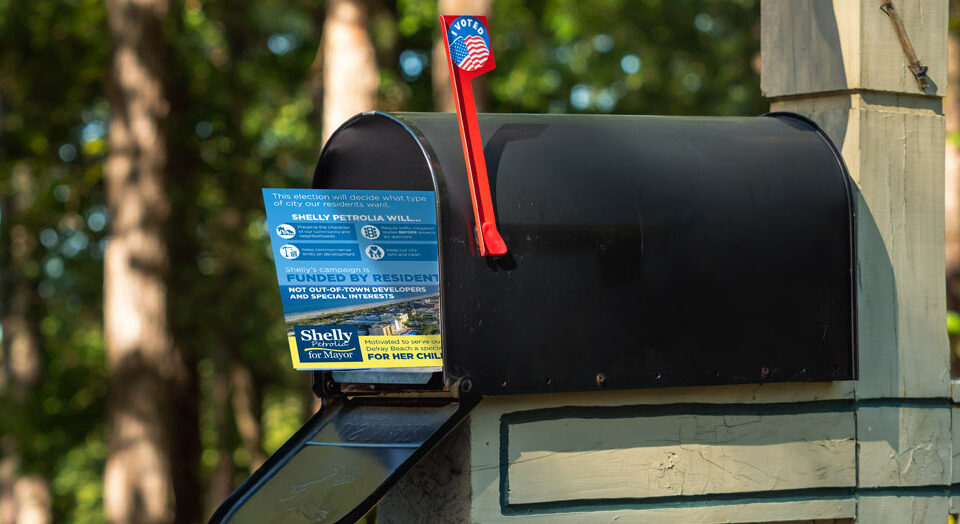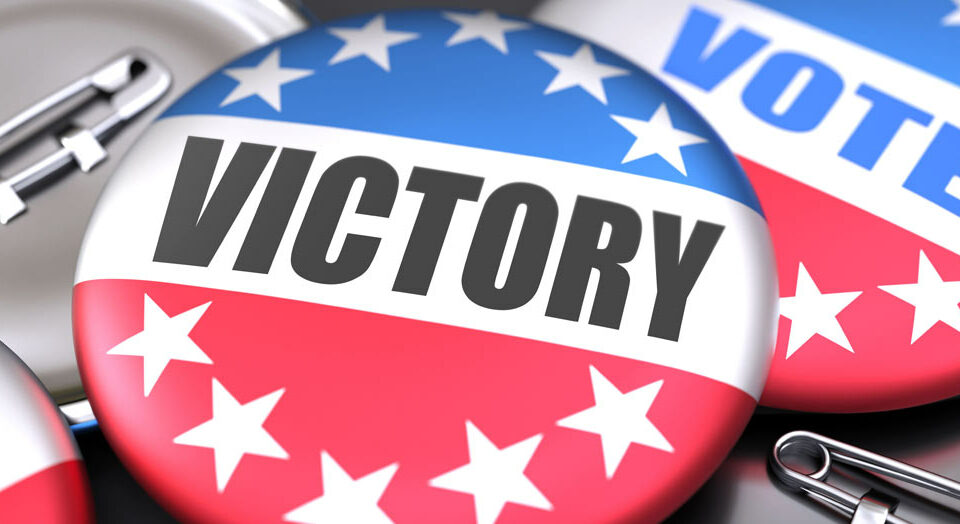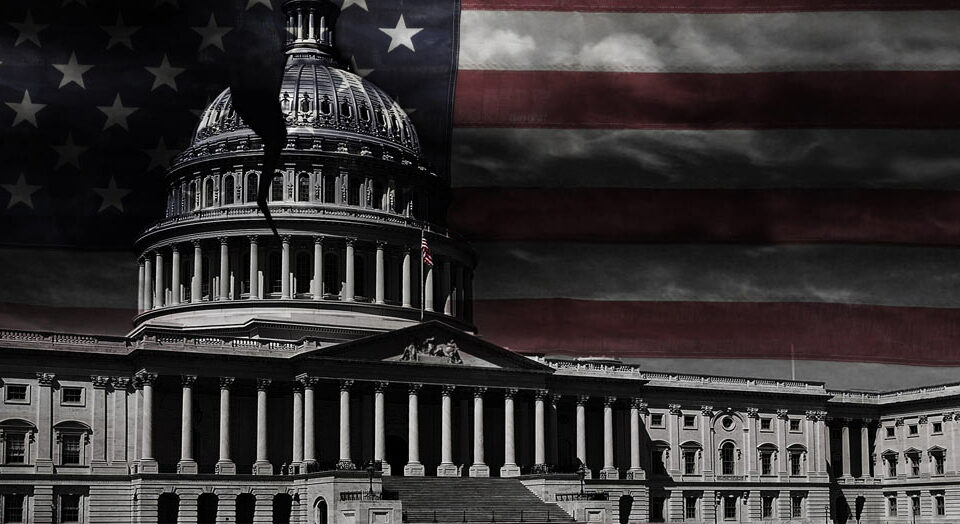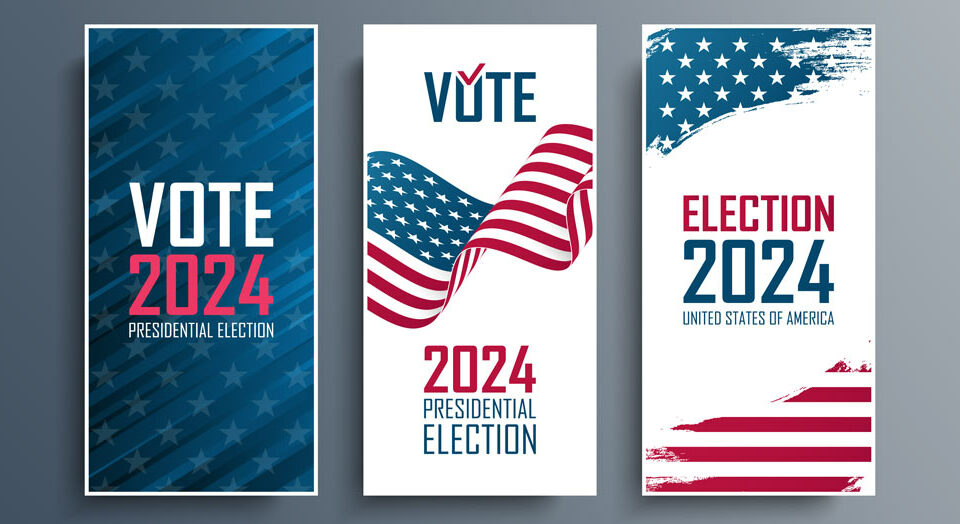
Why Small Businesses Should Support and Sponsor Nonprofit Organizations
April 9, 2024
10 Signs It’s Time to Refresh Your Website
April 16, 2024Winning Votes with Brand Power: The Role of Branding in Political Campaigns

In the competitive arena of politics, where every vote counts, politicians have turned to sophisticated branding strategies, akin to those used by global corporations, to connect with the electorate and secure their place in office. Branding in politics transcends the mere visual identity; it’s about crafting a compelling narrative that resonates with the voters’ values, aspirations, and concerns. Let’s explore the multifaceted approach to political branding, illustrating how it influences elections and shapes public opinion.
The Evolution of Political Branding
Political branding is not a new concept. Historically, it involved campaign buttons, slogans, and posters designed to promote candidates. However, the digital age has revolutionized how politicians brand themselves, integrating social media, data analytics, and targeted advertising to reach voters more effectively than ever before.
The Core Elements of Political Branding
1. Crafting a Personal Narrative
The foundation of a strong political brand is the personal narrative of the candidate. This story outlines the politician’s background, values, and vision in a relatable and inspiring manner. Barack Obama’s “Hope and Change” and Donald Trump’s “Make America Great Again” are prime examples of narratives that captured the imagination of the American electorate, each appealing to different segments of society.
2. Consistent Visual Identity
A consistent visual identity helps in making the politician’s brand easily recognizable. This includes logos, color schemes, and typography used across all campaign materials. Consistency in visual elements creates a sense of familiarity and professionalism, essential in building trust with voters.
3. Digital Presence and Social Media
In today’s digital world, a robust online presence is crucial. Politicians use social media platforms to communicate directly with voters, share their views on current issues, and mobilize support. The interactive nature of social media also allows for immediate feedback and engagement, making it a powerful tool for shaping and adjusting political messages.
4. Emotional Connection
Effective political branding goes beyond logic and policies; it taps into the emotional core of the electorate. Politicians employ storytelling, rhetoric, and imagery to evoke emotions such as hope, fear, pride, or anger, driving voter behavior at the polls.
The Impact of Political Branding on Elections
The impact of effective branding in politics can be profound, influencing not just the outcome of elections but also public opinion on key issues. By presenting a cohesive image and clear message, politicians can create a loyal base of supporters who identify with their brand and are more likely to advocate on their behalf.
However, the power of branding also comes with responsibility. Misleading branding or failing to live up to the brand’s promises can lead to public disillusionment and erosion of trust.
As the political landscape becomes increasingly complex and competitive, branding will continue to play a pivotal role in elections. By effectively using branding, politicians can not only win elections but also forge a deeper connection with the electorate, driving positive change. As voters, it’s important to look beyond the brand and evaluate the substance behind the slogans and imagery, ensuring our choices are based on informed judgments about the policies and values of the candidates.






